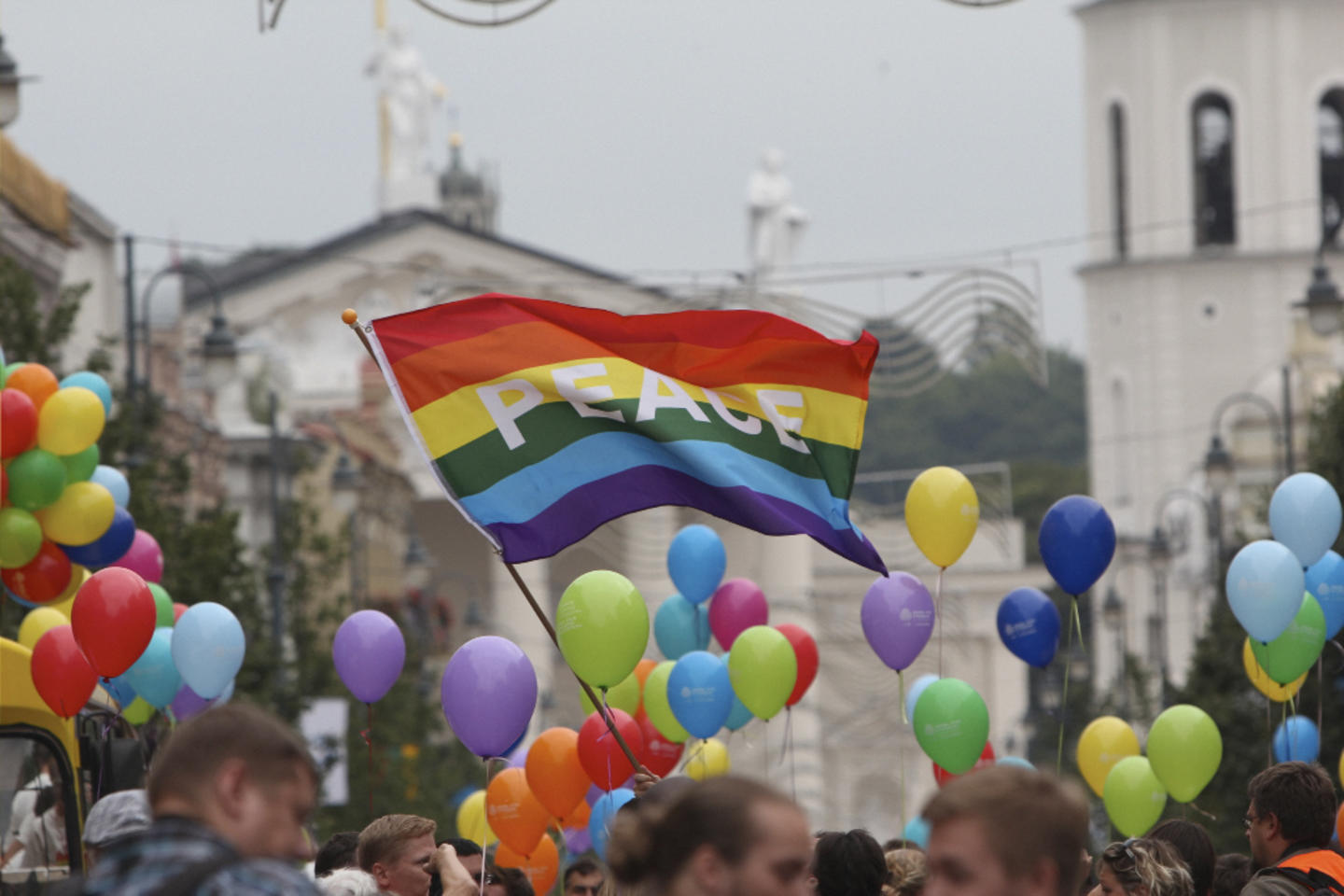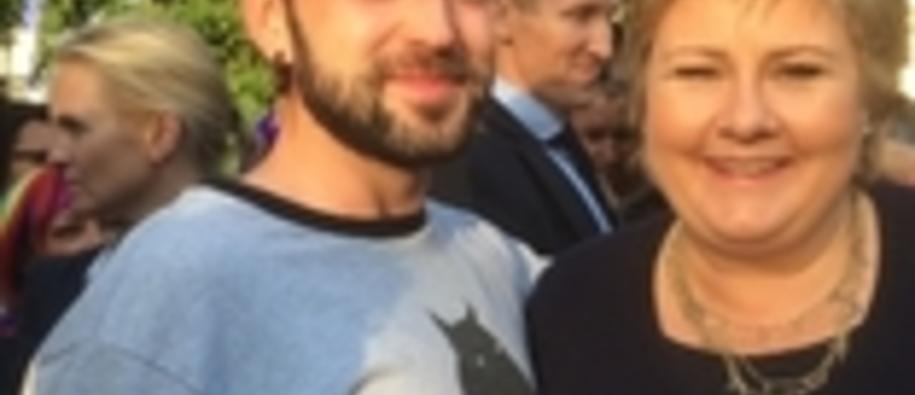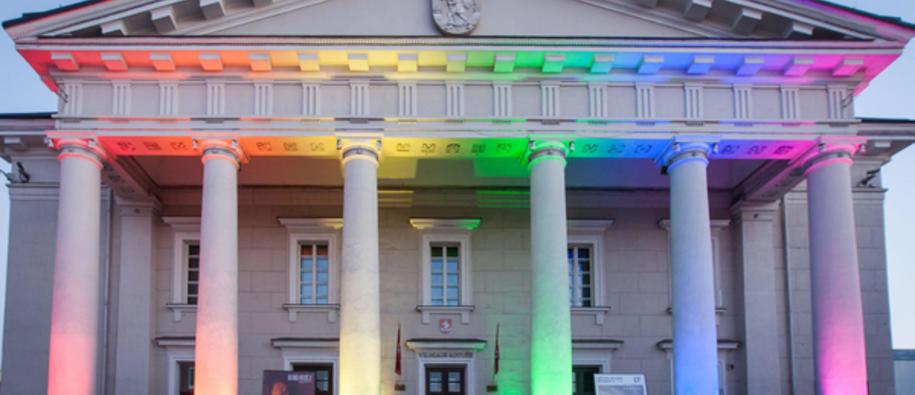Tomas Vytautas Raskevičius was only 15 years old when Lithuania became a member of EU, but he still has a clear memory of how difficult it was to be gay before 2004.
"The development has been incredible," he says, and refers to Lithuania’s independence from the Soviet Union as well as the EU membership.
"The most significant improvement is the increased visibility of Lithuania's LGBT community, which in 2004 was non-existent," says Tomas who is a policy coordinator at the Lithuanian Gay League (LGL), Lithuania's largest NGO supporting LGBT (lesbian, gay, bisexual, and transgender) rights.
“Visibility has helped LGBTs accept themselves, and is crucial in developing tolerance and respect amongst the general Lithuanian public,” Tomas adds.
'LGBT-rights are human rights', is the message from Iceland, Liechtenstein and Norway. Together with partners, the three countries fight discrimination in Europe, and through the Grants, they are supporting 69 projects that directly target LGBT activities.
Important funding
The summer of 2016, Tomas visited Norway and addressed the crowd at Oslo Pride with what he called a “Baltic pride success story”. He received support from the Norwegian Prime Minister Erna Solberg, who attended the Pride parade in her hometown Bergen.
"The EEA and Norway Grants have played an essential role in promoting LGBT rights in Lithuania. To be honest, the progress we’ve seen in Lithuania since we joined EU would never have happened without the support and funding we’ve received," Tomas says.
Minority protection
Since the restoration of Lithuania's independence in 1990/91, emphasis on human rights and minority protection has increased, and Lithuanians have adapted to broader European social, economic and political values. At the same time, in a country where nearly 80 percent of the people consider themselves catholic, conservative Catholic traditions still influence the way people live their life. As a result, even though Lithuania decriminalised homosexuality in 1993, marriage or registered partnership is still not possible.
More sceptical than the rest of the EU
A survey issued by the European Commission last year shows that Lithuanians in general are more opposed to giving gay, lesbian and bisexual people the same rights as heterosexual people than the rest of the EU. According to the same survey, only a quarter – 24% - of the Lithuanians support legalisation of same-sex marriage in Europe, while the figures for EU as a whole is 61%.
Fighting for the right to marry
Tomas is optimistic about the future and says he expects the LGBT movement to go "from zero to hero" – after the Lithuanian Gay League has continued its work. According to Tomas these are LGL’s most important focal points:
- Firstly, the legalisation of same-sex partnerships and marriage, which currently has little political or popular support.
- Secondly, removal of existing anti-LGBT legislation, while also resisting possible attempts to introduce further laws
- Thirdly, legalisation of medical and legal gender change. Lithuania it is the only country in Europe without any such opportunities.


